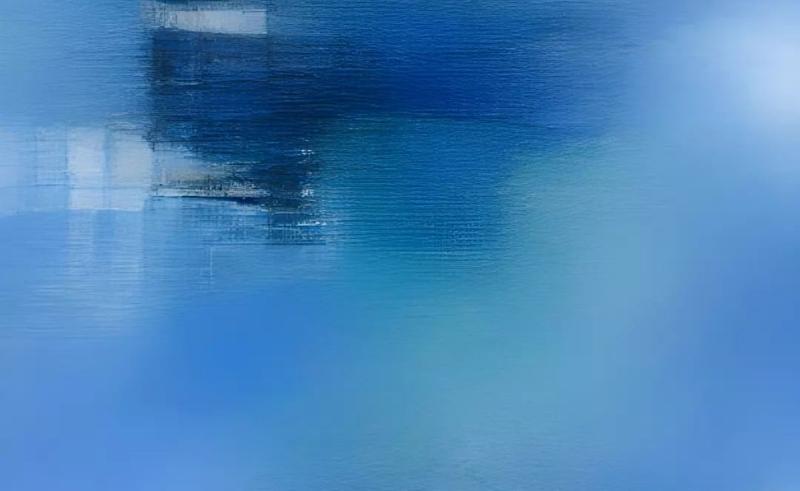Istanbul-Based Producer Ataşehir Releases New Album 'The Pool'
The genre-bending artist is back with an ambient album that embraces elements of experimental electronic music.

In a time where the music industry is rapidly evolving, artists around the world are being pushed not only to experiment with their work, but with the way in which they share it with the world. Turkey-based artist and producer Sumatran Black has wasted no time getting inventive with the way he presents himself as the artist who owns and operates Sumatran Black Records, a record label solely dedicated to his releases under the name Sumatran Black and his many other side projects.
This business model has granted him full creative control over his music and image, and it has allowed him to expand the boundaries of dark ambient music to create a new genre he calls ‘Necro Chill’, a genre that is more rooted in melody and harmony while embracing lo-fi and industrial aesthetics.
The artist returns with his latest album ‘The Pool’, which was released under the side project Ataşehir. This release sees the multifaceted producer expressing a wide range of emotions through his music, sparking feelings of serenity, grief, pride, and confusion throughout its runtime, all with a sense of subtlety and restraint. The weightlessness and fluidity of the instrumentation of the album will gently guide you along a surreal and emotional journey that explores the sounds and textures of vintage synthesisers which are arranged to sound orchestral and cinematic.
The album starts with the track ‘1.49m’, which begins with a worn-out sounding brass-synth that is washed out with reverb and delay. This track makes use of layering melodies on top of one another, all of which fit together in a pleasant way that gives this track a sense of calmness and serenity.
However, this peacefulness doesn’t last long, as we are met in the next track, ‘A Moment of Reflection in a Pool of Reflections’, with a darker and more eerie soundscape. The flute-like sounds in the background along with the underlying chord progression and scattered pianos give this track a feeling of grief and austerity. Towards the end of the track, a pulsating bass synth is introduced which makes the track feel driven and restless.
The bass is then isolated at the end of the track, which smoothly takes us into the next piece, ‘Dreaming not Drowning’. This track embraces dissonance and tension, with dark pads and industrial noise creating a chaotic sonic atmosphere that sounds like it's decaying as the track goes along. The experimentation with distortion and noise on this track will definitely put your sound system to the test with its massive sub bass and cacophonous textures.
The fourth track on the album, ‘Chlorine Tears’, goes back to exploring the themes of grief and melancholy we hear on the second track. This time however, the composition takes a more structured approach where percussive elements move this track along, with underlying chord movements that take the listener on a vivid emotional journey.
The album ends on a positive note with the track ‘Summer Will Come Again’, in which the hypnotic, rather pop sounding piano melody establishes a sense of hope throughout the track. The track embraces a variety of mixed feelings such as pride, nostalgia, and optimism that come together to give us a cinematic piece of music that embraces retro-futuristic sound design and instrumentation.
- Previous Article test list 1 noise 2024-03-13
- Next Article Dubzy & Gaser Get All Nonchalant in Latest Music Video 'Water'






















